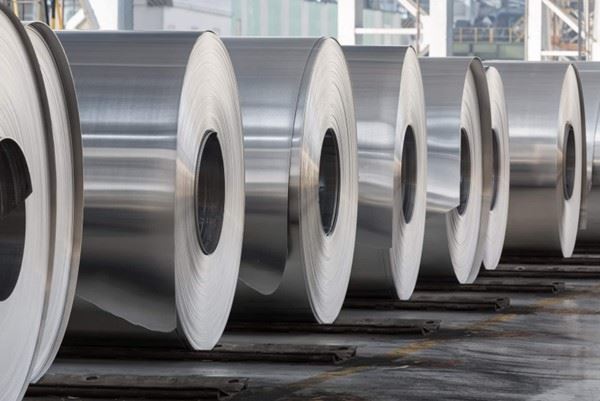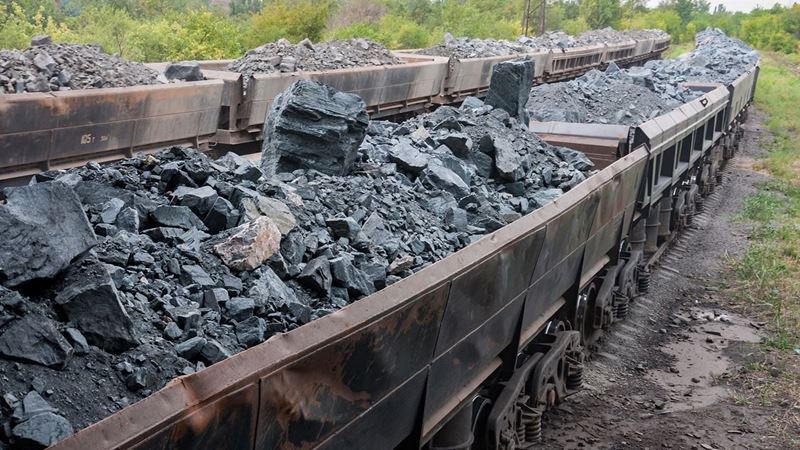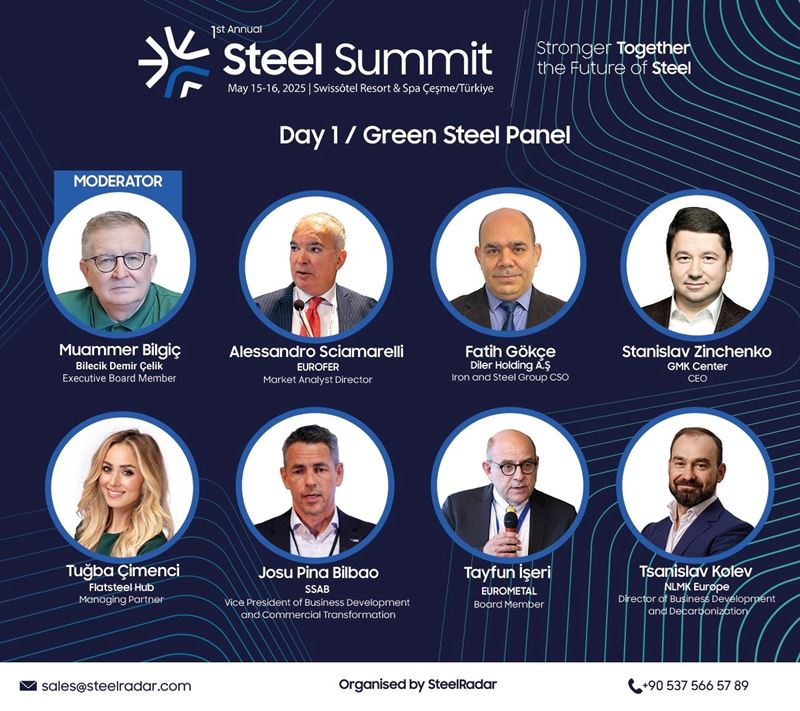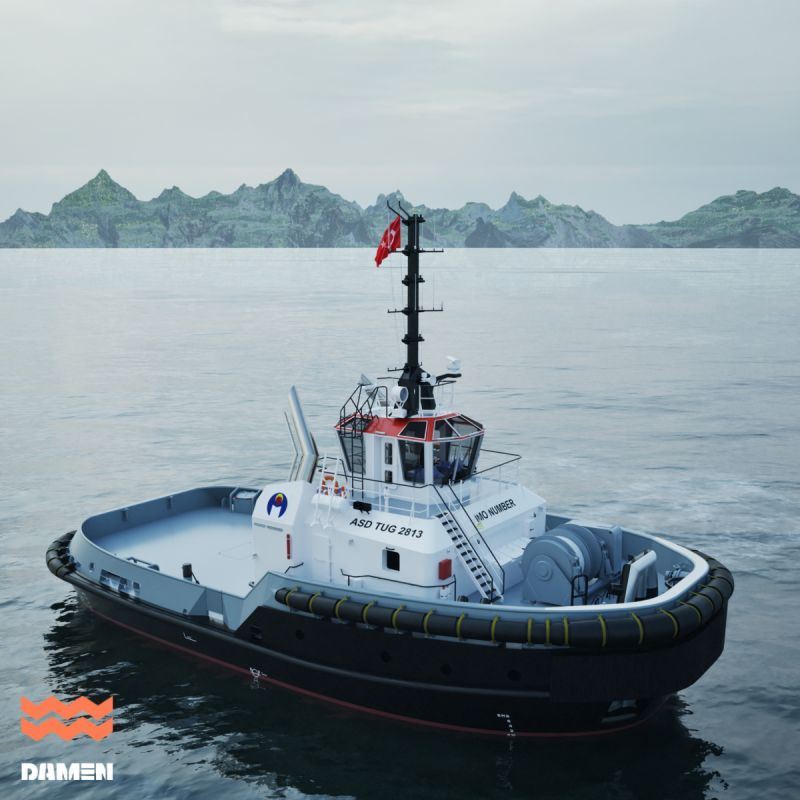According to data from the Korean Steel Association, the number of steel products imported to Korea in April this year reached 5.427 million tons, decreasing by 2.8% compared to last year. Despite this, steel imports from China increased by 1.3% to 3.195 million tons. This caused China's share in the Korean steel market to increase from 56.5% to 58.9%.
Prices of imported products from China are 10 to 20% lower than local production. This situation negatively affects the sales of domestic steel companies at a time when steel demand is stagnant. "Low-priced products from China may lead to downsizing or even closure of domestic steel companies," a steel industry official said. said.
The local steel industry is planning to file anti-dumping cases to counter imports from China. As a first step, an anti-dumping complaint was filed for heavy plates. Heavy plate imports from China have tripled in the last two years, reaching 435,000 tons.
Industry representatives argue that anti-dumping cases should also be filed for hot-rolled steel sheets, which are heavily imported. Hot rolled steel sheets account for the largest volume of all steel products imported into Korea.
Some industry representatives argue that anti-dumping cases should not be limited to heavy plates and hot-rolled steel sheets, but that trade barriers are also necessary for other low-cost imported products such as coated steel sheets, colored steel sheets, rebars and section steels. "Trade regulations for all products are necessary to stabilize the market," an official said. said.
Low-priced Chinese imports pose a major threat to the Korean steel industry. Anti-dumping cases and other trade barriers can help protect domestic producers and ensure fair competition.











Comments
No comment yet.